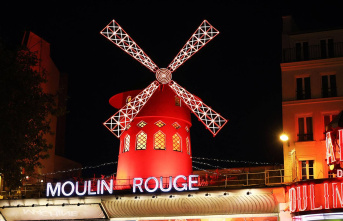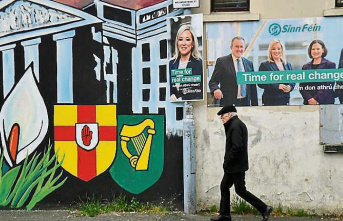My father was born in Sant Guim de Freixenet in 1917. As he was not the hereu he had to make a living. At the age of twelve he was sent to Barcelona with some uncles, and before the age of fourteen he was already working in a bakery. After losing the war he worked everything until, in his late forties, he married the daughter of a customs official who led a double life, had two daughters and was widowed when they were going to have another son. Overwhelmed by the situation, he left the girls with the family in the country, and concentrated on finding a new wife. He found her in Vilanova i la Geltrú, married her in Sitges in 1960 and they began to live in Nou Barris, in a fifty-square-meter flat with a wife, mother-in-law and daughters. I was born there, the sixth on board.
My father Alcarràs would not have liked it. Perhaps he would have gone to see her at the Viceroy cinema with his friends from the Pond region of the fruit stalls in the Mercè market, who were among the few Catalan-speaking neighbors and sold the peaches from the family farms. But I am convinced that the reaction of the peasant farmer would have reinforced his migrant destiny. Carla Simón has painted a magnificent portrait of the rude stubbornness of the mistreated peasantry, but her film provokes a paradox: it instills self-esteem in Catalan culture by showing our endemic lack of it. She powerfully projects our colossal impotence as a people.
Beyond the Berlin tinsel, one of the side effects of the film is that it has converted many auditoriums in the country into projection rooms. In a few days I have given talks in two (the Edison de Granollers and the Centru de Argentona) where Alcarràs had been screened very recently. I have read that in many towns, especially in Lleida, theaters have reopened thanks to the movie. It seems magnificent to me, but my father and I would like it even more if the Astor, Dante, Horta, Maragall, Montserrat, Río, Rívoli, Venecia, Victoria or Virrey cinemas were reopened, to name only the cinemas that were closest to us. house, to project some story as well explained as Simón's, but starring the peasant people who had to find life in the city, in a wild cement jungle where many of them brandished the prefix pluri- and the verb to serve . Internal immigrants who have maintained the language and culture. In Nou Barris, Sants, Gràcia, Horta, l'Hospitalet or Sant Andreu.
4












